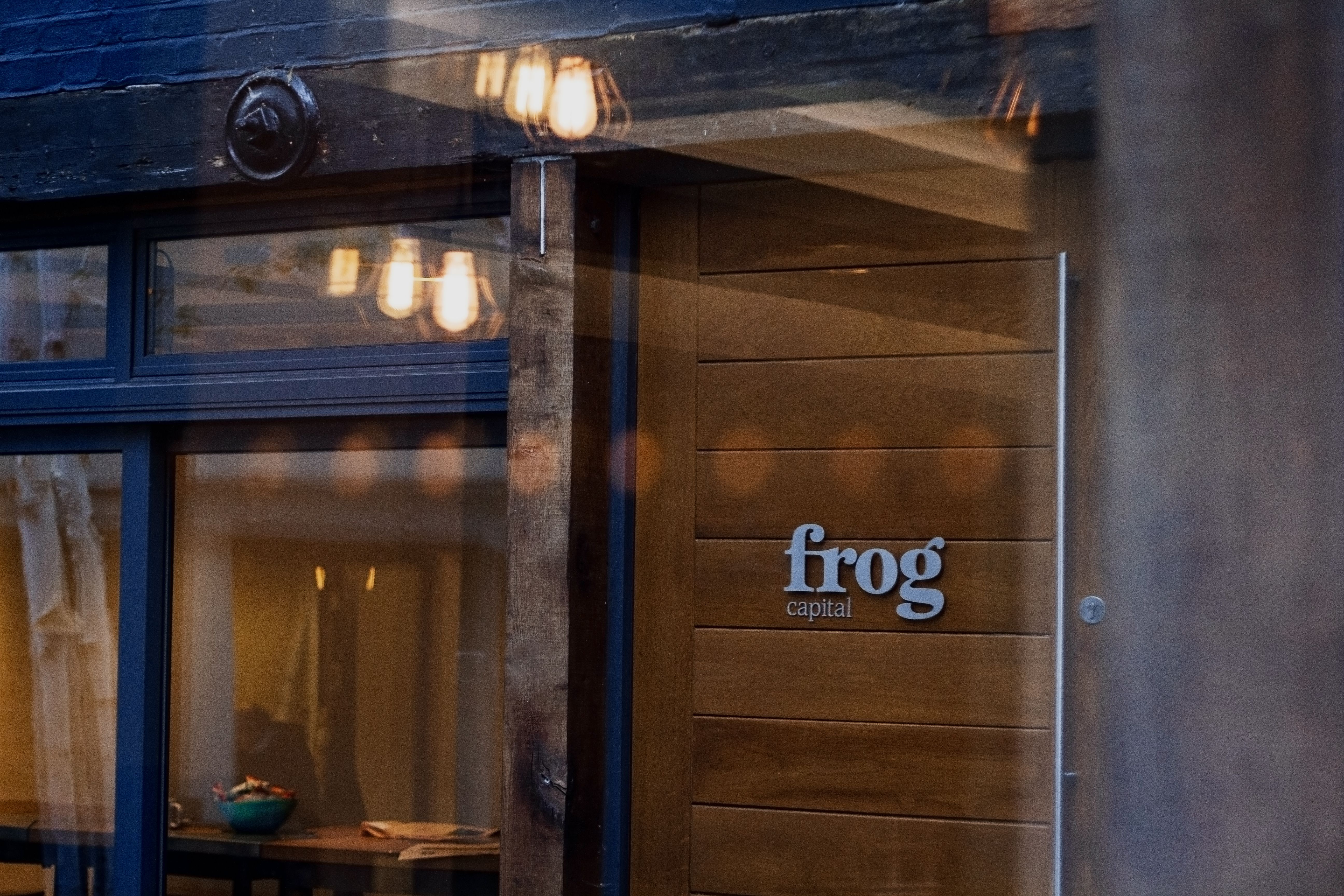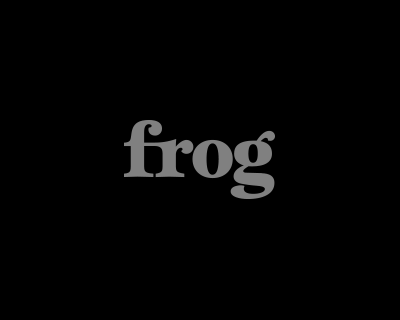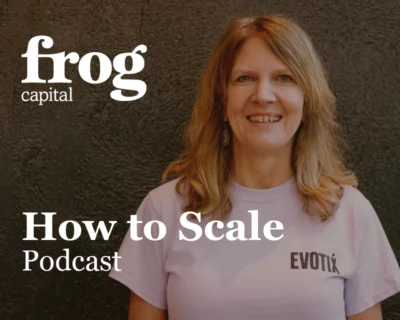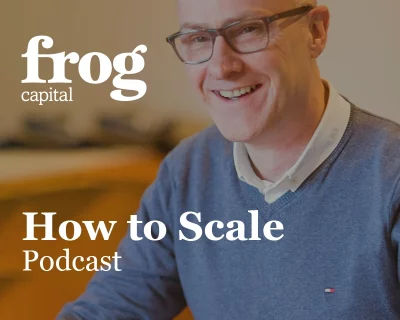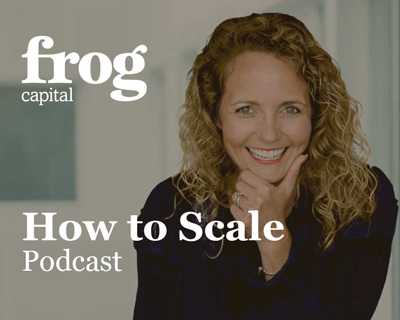As part of our series which explores the interplay of different B2C marketing strategies, we are going to take a deeper dive into referral marketing. Feel free to check out our other blogs on the subject, including how to leverage your content for marketing.
For the uninitiated, referral marketing is the process of promoting your product to new customers through endorsements from your customers. It is an important step in the transition of a start-up business to a scale-up as it helps to prove your product market fit as customers broaden from the early adopters and passionate enthusiasts to the mainstream. Furthermore, it has been proven that these customers have higher contribution margins and higher retention rates – providing a nice bump to your user’s LTV.

Organic, word-of-mouth referrals are the holy grail of an early stage company. Having a product that is so good that your customers are prepared to recommend it to their friends / colleagues can supercharge growth in your business. These are the cheapest customers you’ll ever acquire. However, it’s rare to have a product that will be so front-of-mind that even your most loyal customers will endorse you without some gentle coercion. Studies have shown that while 83% of customers say they are prepared to provide referrals, only 29% do – therefore, it’s important to develop strategies to facilitate that endorsement.
Simplicity is key with a referral scheme. The value proposition should be clear to both the referrer and the referee, both in terms of actions required / eligibility and rewards (e.g. £5 credit or first month free). Fast reward redemption helps to encourage repeat behaviour.
Referral marketing schemes must be built for scale. You will have little success in persuading your customer to refer 20 people to your product, if they have to perform that same process 20 times. By integrating with and then leveraging platforms like WhatsApp, Slack and Twitter, you can reduce the friction in this process and increase the reach massively. This is particular relevant for mobile and app-first businesses.
What’s the right size of reward? This is a difficult question as it really has to be answered business by business. A/B testing is a good place to start, particularly when targeting your scheme with different segments of your user base. From our conversations, an interesting observation has been that size hasn’t mattered too much. When interviewing customers, many are unaware of exactly how much they are receiving with each referral, and some aren’t even aware there is a monetary gain!
However, there are notes of caution when creating your scheme. They are inherently easy to scam and therefore do require a significant amount of oversight. Perhaps the most notable, recent example of this comes from Karhoo where some customers were able take 120+ free rides. There is no one-stop solution, however implementing certain measures like limiting the number of rewards an individual can claim or introducing a return period (e.g. the reward can be claimed after the referee has used the product 3 times) can help.


